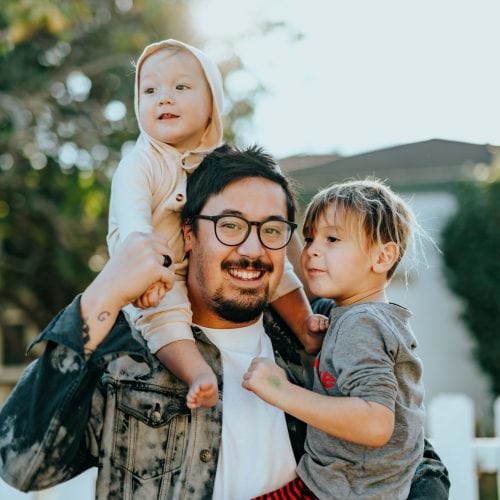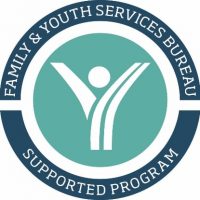The Community Collective for Youth and Family Resilience and Violence Prevention (2022-2025)

Build the capacity of families and communities to reduce health disparities for underserved youth ages 3-17 impacted by violence.
The Community Collective for Youth and Family Resilience and Violence Prevention (CCYFR) project is a collaboration between the University of Colorado (CU), the Safehouse Progressive Alliance for Nonviolence (SPAN), Mental Health Partners (MHP), Boulder Housing Partners (BHP), and Ariel Clinical Services (Ariel).

The overall goal is to build the capacity of families and communities to reduce health disparities for underserved youth ages 3-17 impacted by violence. The CCYFR is committed to promoting resilience for youth and families through evidence-based interventions that promote protective factors (e.g., supportive parent-child relationships, positive behavior management, social/emotional competencies) and reduce risk (e.g., mental health challenges, family conflict, violence exposure). The CCYFR is grounded in clinical and developmental science focused on improving youth and family outcomes. Project activities are guided by implementation science approaches for building sustainable, evidence-based services that combine infrastructure development and high-quality training, consultation, and implementation supports with strong community partnerships. High-quality program evaluation and using continuous quality improvement strategies will inform ongoing program implementation and improvements.
The CCYFR will establish sustainable implementation of culturally-relevant, trauma-responsive, evidence-based interventions for families impacted by violence in two Colorado counties (Boulder and Broomfield). The CCYFR has selected four parent-child programs along the prevention and intervention continuum that not only address youth mental and behavioral health challenges but promote the very protective factors that buffer youth from the negative impacts of violence: Let’s Connect®, Supporting Families, Trauma-Focused Cognitive Behavioral Therapy®, and Alternatives for Families Cognitive Behavioral Therapy®. To create sustainable service delivery and reach all families in need, the CCYFR will begin by establishing needed infrastructure, including expanding the current Community Implementation Team (CIT). The CIT will serve as the Planning Team for this project and will direct all project activities. The CIT will direct agency-specific consultation and strategies for building community awareness and engagement and will oversee training to family service providers at partner agencies in the selected interventions, with ongoing fidelity monitoring and tracking of OJJDP output and outcome performance measures. Finally, early in the grant, the CIT will develop and begin implementing a sustainability plan. This plan will include Train-the-Trainer/Supervisor programs, development of web-resources that will support scaling of Let’s Connect, and collaborative activities for securing ongoing funding. The CCYFR project is designed to serve large numbers of families and youth exposed to violence in ways that will create systems and supports that can be sustained over time and scaled up statewide.
Let's Connect®
Let’s Connect® (LC) is a dyadic, parent-child intervention that builds parents’ own social and emotional capacities and well-being practices. LC also teaches parents behaviorally-specific, emotion-focused parenting skills for responding to children in a way that promotes emotional security in the parent-child relationship and social and emotional competence.
Trauma Focused-Cognitive Behavioral Therapy
Trauma-Focused Cognitive Behavioral Therapy (TF-CBT) is the best supported trauma treatment for youth and their nonoffending caregivers with demonstrated efficacy for reducing trauma-related difficulties, enhancing parental support, and promoting youth resilience.




Funding Disclaimer
This was made possible by HHS-2020-ACF-ACYF-EV-1812 from the Department of Health and Human Services, Administration for Children and Families. Its contents are solely the responsibility of Community Collective for Youth and Family Resilience and do not necessarily represent the official views of the Department of Health and Human Services, Administration for Children and Families.

